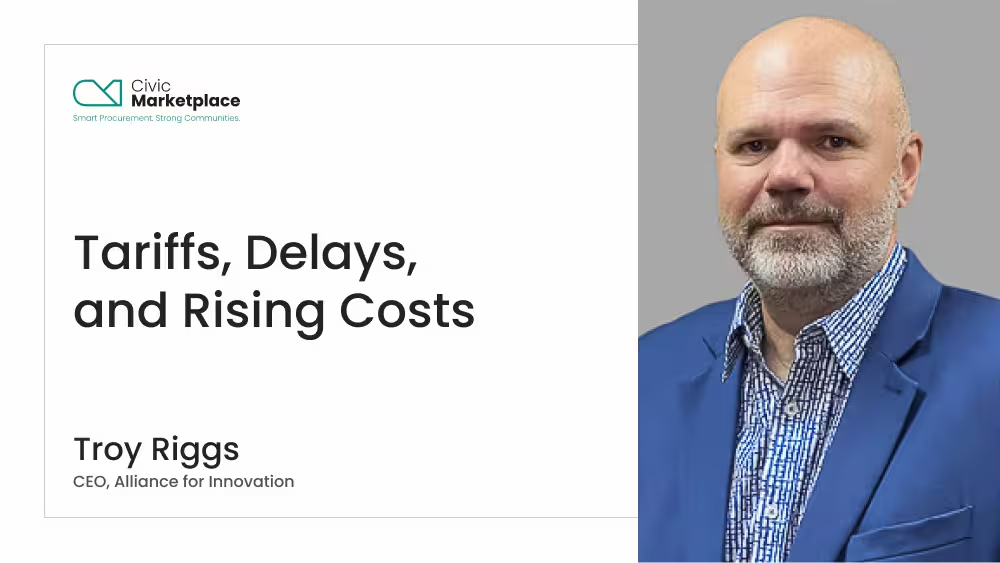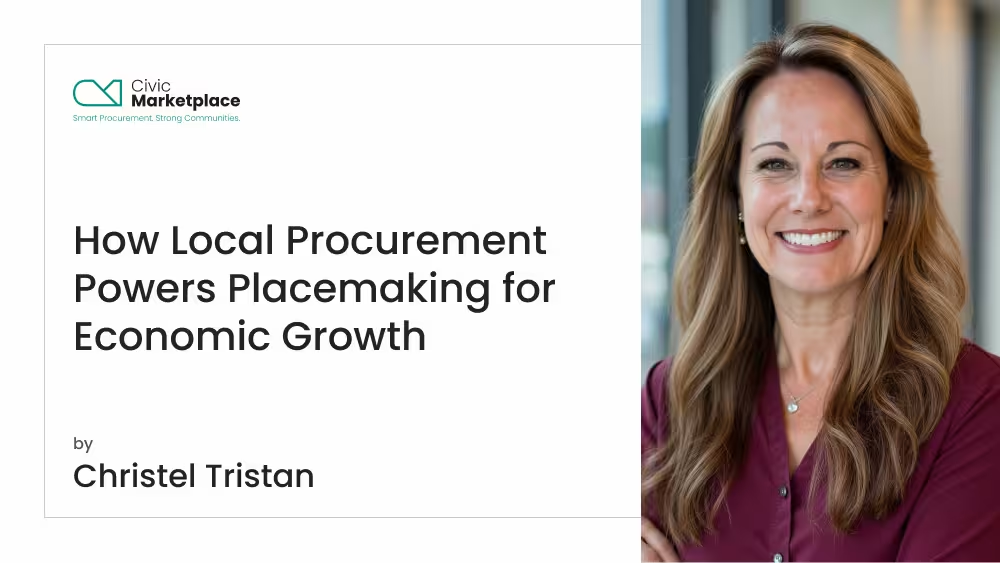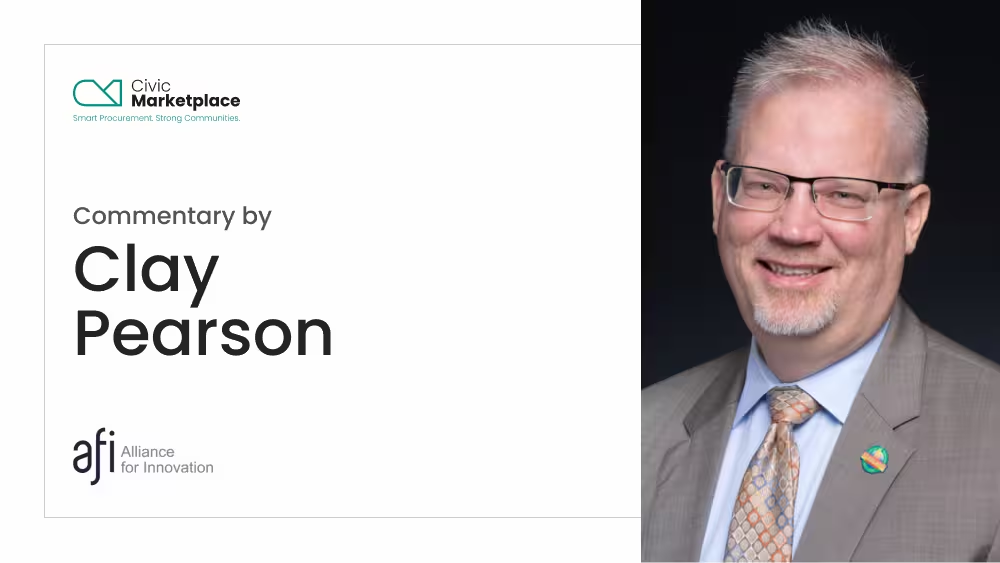How Voice AI is increasing access to government services

With over 340 million residents and tens of thousands of local agencies, the US’s government services are effectively the world’s largest customer service operation – one that’s still running on outdated, inadequate systems.
While expectations grow for efficient, accessible, and citizen-centric services, understaffed government teams are struggling with intense demand, high operational costs, and accessibility barriers in diverse communities. Compounding the pressure are legacy systems – manual reporting and traditional phone trees, for instance – that can’t support the scale and complexity of today’s citizen requirements.
Voice AI technology has emerged as a powerful solution that can make services more efficient, cost-effective, and universally accessible. Voice AI is a form of artificial intelligence technology designed to understand and respond to human speech, enabling verbal interaction with computer systems over channels like the phone.
Adoption of this technology is being accelerated by partnerships with leaders like TXShare, which competitively awards cooperative contracts to innovative teams including Polimorphic, Readyly, and WhitegloveAI. By joining forces with Civic Marketplace, TXShare is helping local governments access cutting-edge AI solutions through streamlined procurement, ensuring that agencies of all sizes can benefit from the same advanced tools.
The promise of Voice AI: efficiency, savings, and accessibility
Introducing Voice AI can significantly improve efficiency and accessibility by automating services, reducing workloads, and breaking down communication barriers.
For example, local governments receive a high volume of calls, of which a large proportion are repetitive queries. Automating the initial response process through AI agents that can recognize and correctly respond to human speech can free up hours of staff time every day, enabling public sector workers to focus on higher-value, more complex tasks.
And for unique queries, traditional phone trees can be frustrating for residents who may not know which department to contact. AI-powered Interactive Voice Response (IVR) or Conversational IVR can listen to a caller's request and route them to the correct department instantly. This also significantly reduces wait times for residents, as AI agents can handle thousands of calls simultaneously. This saves taxpayer money while improving the public's experience.
Voice AI can also remove language barriers, expanding agencies’ services by offering multilingual support. As well as improving the end-user experience, delivering services in the user’s chosen language saves agencies the time and expense of hiring interpreters.
Since AI agents operate around the clock, residents can also access services at their convenience, outside of typical business hours. This 24/7 availability helps governments meet rising demand for services, while replacing hold music with instant answers makes interactions with government services faster and less frustrating for residents. And increasingly, Voice AI can be designed to understand emotional context and respond appropriately to ensure citizen queries are handled empathetically.
Civic Marketplace partner success stories: Voice AI in action
City of Pacifica, California X Polimorphic
Polimorphic is a software company that builds and develops AI front desk tools for local and state governments.
The city of Pacifica partnered with Polimorphic to launch Rose AI, a virtual front desk assistant that handles non-emergency queries, directs users to forms, and answers FAQs. During its pilot phase, Rose AI resolved over 7,000 inquiries.
Within three months of its launch in 2024, it resolved 60% of after-hours calls without staff intervention, reduced call wait times by 45%, and handled over 5,000 interactions with 92% accuracy.
“Residents don’t want to guess which department handles what, they just want answers,” says Parth Shah, CEO and Co-founder of Polimorphic. “Navigating city services shouldn’t feel like solving a puzzle.”
Mount Vernon, New York X Readyly
Readyly is an AI engineering company that builds secure, multilingual platforms for local governments, combining advanced infrastructure, deep integrations, and agent networks to modernize citizen services.
Mount Vernon’s building department receives around 50,000 calls a year, with residents often seeking permit status or asking zoning questions. Readyly’s solution integrates with OpenGov and General Code, allowing an AI agent to answer complex queries about local and state codes, permits, and zoning.
This system leverages multiple APIs and agentic AI networks, which use multiple, coordinated AI agents to handle complex requests, much like different parts of a human brain. Across thousands of daily interactions nationwide, Readyly's clients typically see resolution rates between 85-95%, with some reaching as high as 99%.
“Today, residents and staff are forced to operate government information systems,” says CEO, Kris Sandor. “Readyly’s AI changes that – turning them into clients who are actually served by these same systems.”
City of Frisco, Texas X WhitegloveAI
WhitegloveAI enables cities to adopt artificial intelligence securely, responsibly, and in alignment with their operational and citizen-service goals.
The City of Frisco’s Traffic Management Department partnered with WhitegloveAI through its VoiceAI Managed AI Service to modernize an outdated voicemail reporting line. Previously, citizen calls about traffic-signal issues and roadway hazards were manually reviewed; now, a conversational AI system understands natural speech, captures precise details, and routes reports to the correct response team within seconds.
The system runs on Lucidis, WhitegloveAI’s multi-agent platform. Lucidis facilitates collaboration between human employees and AI agents working on behalf of the city, creating a unified Citizen Relationship Management System (CRMS) that organizes, routes, and analyzes resident interactions across departments.
Automating this process saves Frisco’s traffic engineers 15–20 staff hours per week and improves response consistency, data quality, and trend visibility. The VoiceAI agent can also switch seamlessly between English, Spanish, and Hindi, ensuring equitable service for Frisco’s diverse population.
According to Melissa Kraft, CIO of Frisco, the initiative shows how responsible automation enhances public service while preserving transparency and trust, providing “real-time analytics and citizen service automation” that enable faster, more informed response.
The future of Voice AI in the public sector
While Voice AI shows great promise, its adoption in local government requires robust democratic control and a commitment to safety to mitigate concerns around bias, privacy, and security.
It’s crucial, therefore, that providers are built and updated in line with the latest regulatory standards. As Readyly CEO Kris Sandor notes, “in the same way that I don’t put my kids in the car with an unlicensed driver, communities should not be putting their resident experiences in the hands of unlicensed AI.”
The future of Voice AI promises greater integration and capability: on the horizon are increasingly emotion-aware agents, voice-to-form functions that let residents complete applications by speaking, and full task automation where AI can execute multi-step processes like booking services, updating personal information, and processing payments during a call. We will also see the rise of “agent assist” technology, where AI supports human agents by summarizing calls and providing real-time suggestions.
This technology is already delivering measurable results, and public sector leaders have a unique opportunity to become early adopters.
Civic Marketplace is proud to collaborate with TXShare, the cooperative arm of the North Central Texas Council of Governments, whose nationally awarded contracts make it easier for agencies to discover and procure vetted AI consultancy and solutions through competitively awarded cooperative contracts, allowing leaders to focus on what matters most: serving their communities.
Explore AI Solutions for Government
Civic Marketplace makes it easy for agencies to discover and procure vetted AI solutions through competitively awarded cooperative contracts. Browse AI contracts for public sector entities.

Al Hleileh is a visionary entrepreneur, civic innovator, and the Co-Founder & CEO of Civic Marketplace. A two-time founder with a proven track record of scaling mission-driven ventures, Al blends strategic foresight with relentless execution to drive impact at scale.














